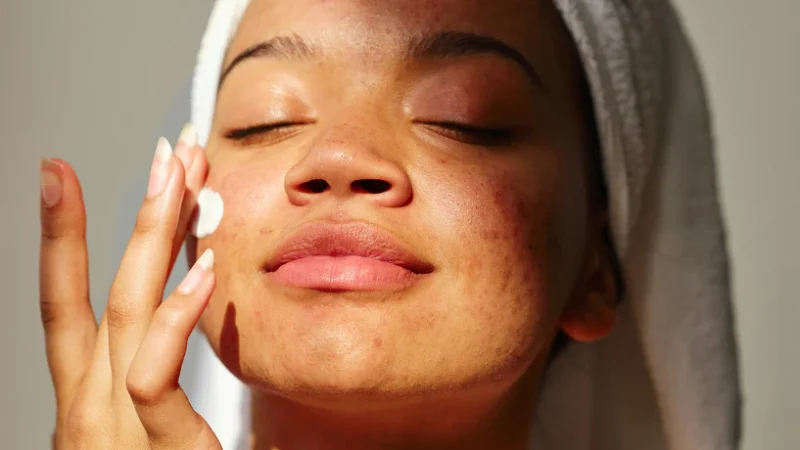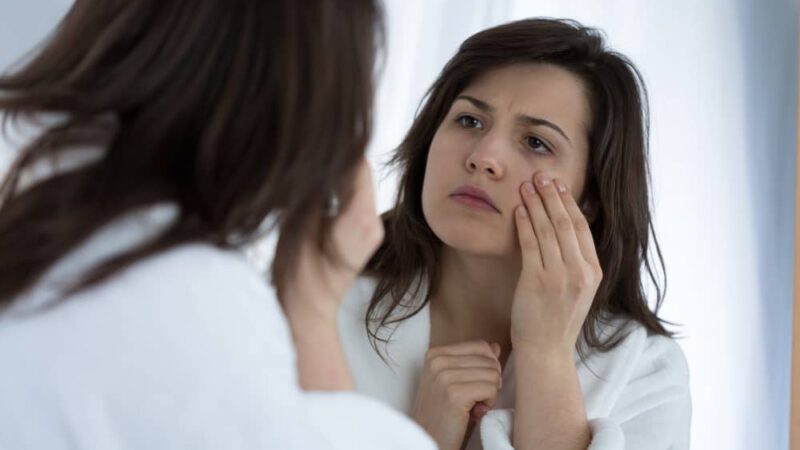The Importance of Sleep, Types of Sleep Disorders, And Coronasomnia

Everyone knows that it’s essential to sleep well at night. Otherwise, lack of sleep or disturbed sleep can affect one’s health adversely. On the surface, it can cause tiredness, lack of attention, and mood swings. Internally, it can affect your brain and other organs. People become vulnerable to health conditions like diabetes, cardiovascular ailments, and more. While certain medical conditions, injuries, trauma, and medications can be responsible for poor sleep quality, many people ignore their lifestyle and compromise it despite being aware of its significance. Due to all these reasons, America observes National Sleep Awareness Week every year in March.
National Sleep Awareness Week is a general sleep awareness and education event spearheaded by a reputed nonprofit organization called National Sleep Foundation. It works toward public health and safety by educating the audience about sleep and sleep disorders. The campaign encourages people of all ages to prioritize sleep and make efforts to improve their sleep habits. It also underlines the risks associated with drowsy driving and shares tips that ensure a good night’s sleep. The campaign aims to boost Americans’ health and safety by raising sleep awareness. After all, sleeplessness is a massive concern in the country.
According to MyBioSource, nearly 70 million people in the US suffer from sleep disorders that affect their ability to get adequate sleep at night and cause daytime sleepiness and other challenges.
Common sleep disorders
Narcolepsy, Insomnia, and Sleep Apnea are a few typical examples of types of sleep illnesses. If someone has insomnia, he may not be able to sleep or stay asleep or face difficulty in both areas. Insomnia causes tiredness and lack of concentration. There can be acute and chronic cases of this type of sleep disorder, which can even be an underlying cause of mental or medical health.
On the other side, sleep apnea causes a person to suffer from short or shallow breathing during sleep. These breathing pauses can linger for a few seconds or minutes, occurring several times throughout the night. People with this type of sleep condition often snore loudly and feel tired in the daytime. One cannot take this health problem lightly because it puts one at risk of high blood pressure, stroke, and heart disease.
Then, narcolepsy causes people to sleep during the day with brief periods of sleep at night. These patients usually face difficulty staying awake for a long time. They may also experience sleep paralysis, which makes them unable to move or speak when they sleep or wake up. It is another debilitating condition, but one can manage the symptoms with modern treatments. Restless Legs Syndrome is also a sleep disorder. This neurological disorder doesn’t let a person sleep because it urges him to move his legs due to the tingling sensation continuously felt in the legs. It’s chronic and can be very uncomfortable.
While these sleep conditions are prevalent in Americans, the good thing is modern-day treatments have made their lives much better. Benzodiazepines, Melatonin, Orexin Receptor Antagonist, and Antidepressants are common solutions physicians prescribe to help improve their patient’s sleep health. The choice of treatments and their effects may vary from person to person.
COVID-19 and sleep disorder risks
Since the world has been under duress due to coronavirus and is still dealing with it, understanding the implication of this infection on one’s sleep health becomes critical. The virus is affecting people with long-term health consequences. As you know, the doctors and health leaders are talking about COVID-19 long-haulers a lot these days. Milder conditions usually disappear in nearly two weeks in as much as 80% of people. Severe cases may need three-six-week times for recovery. These people take several months to heal from their condition and many experience sleep disorders. This trend has led to the introduction of the term coronasomnia – coronavirus-led insomnia caused by anxiety, stress, and other diseases. Insomnia can hit a virus-infected person within a few weeks.
Dr. Pena Orbea informs that sleep disorders caused by the virus can last for a year. Someone suffering from coronasomnia can seek medical intervention for treatment. Physicians can recommend procedures like light therapy, cognitive behavioral therapy, melatonin, and others for sleep hygiene.
Many people don’t care much about their sleep. They assume things for sleep loss. Often, everyone associates it with tiring work schedules, stress, and others. However, doctors advise that one should not delay checkups if they experience any sleep-related problems. It can happen due to some other underlying medical conditions. Hence, timely diagnosis and treatment can be the best way to get help. Simultaneously, focusing on your daily sleep habits and lifestyle will be best. Cut it down if you take longer naps exceeding 20-30 minutes daily. Shorter naps refresh you, but longer ones can disrupt your sleep schedule. Get the proper sunlight and keep your bedroom soothing and pleasant at night. Make sure you have your last meal well ahead of your bedtime.






